Crema Trekkers: Exploring Brazil, Daterra - Santa Colomba Natural Pulped Raisin Mundo Nuovo
- 23 Apr 2018
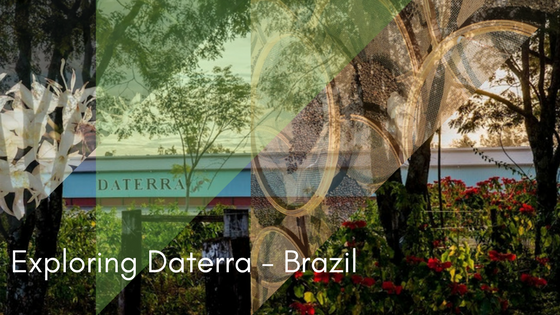
BRAZILIAN COFFEE BEANS
Our latest single origin coffee beans are a Natural Pulped Raisin Mundo Nuovo, grown in the Cerrado farming region of Brazil. Grown at an altitude of approximately 900-1,450m above sea level, these beans are processed using a fully washed method, then sundried.
Mundo Nuovo is a varietal related to the Sumatra and Red Bourbon varietals, discovered in Brazil in the 1940s by the Agronomico of Campinas. This natural hybrid has characteristics that cross between a Typica and Bourbon, being red in colour, large in size and quite round in shape. It is particularly suited to the climate in Brazil and is favoured by farmers for its high yield, natural pest and disease resistance, and because farmers can plant more treed per crop area. Currently, this varietal occupies around 40% of the coffee growing regions in Brazil.
This Brazilian coffee is characteristic of this varietal, with a soft body and low acidity, with a variety of subtle sweet notes to enjoy.
Tasting Notes: The soft body of the Brazil is balanced by a green apple acidity. Hints of raisins, sultanas and lemon wash over the palette, with an earthy nutmeg aroma. The taste is reminiscent of a fruit mince pie or stewed fruits.
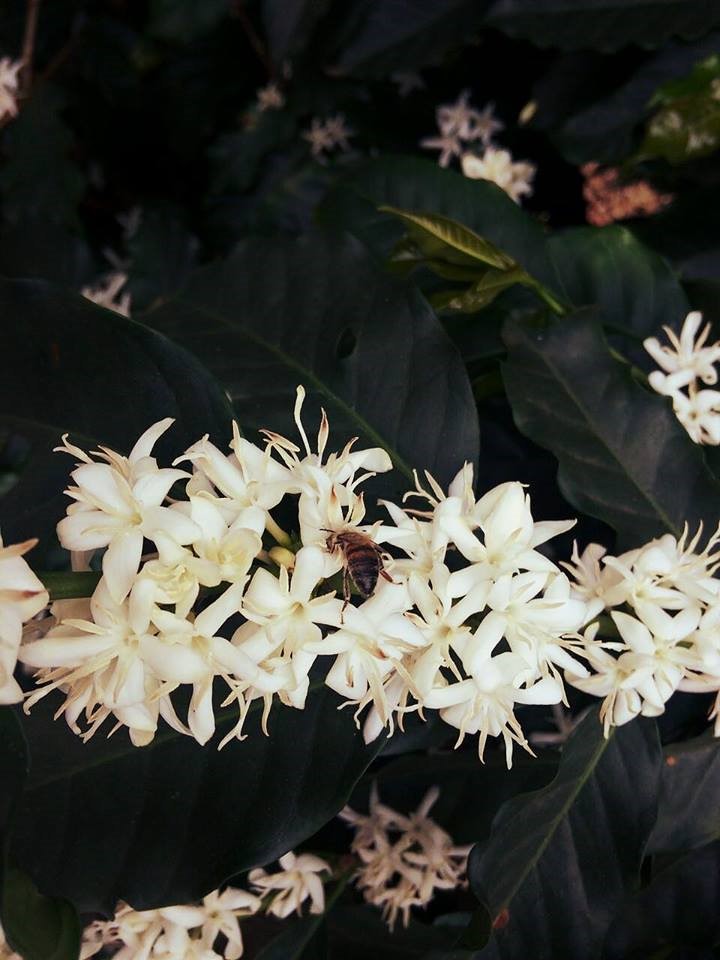
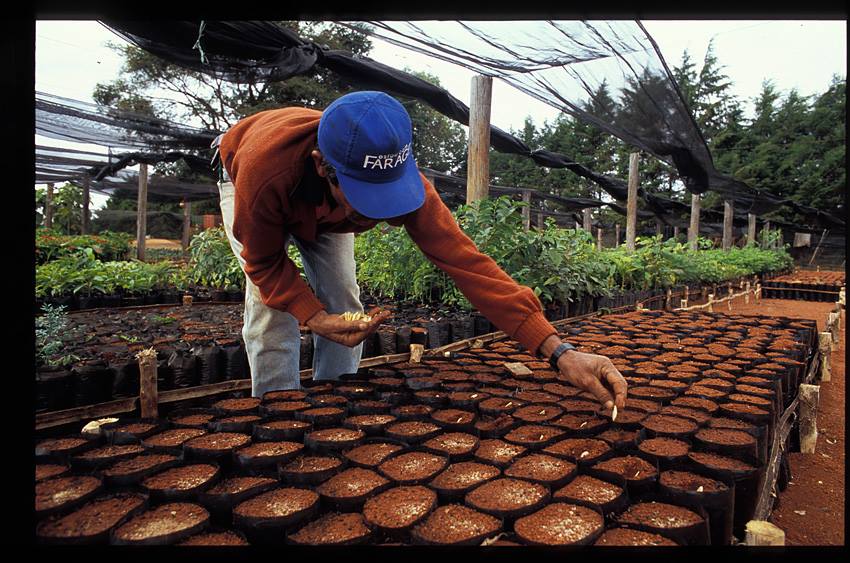
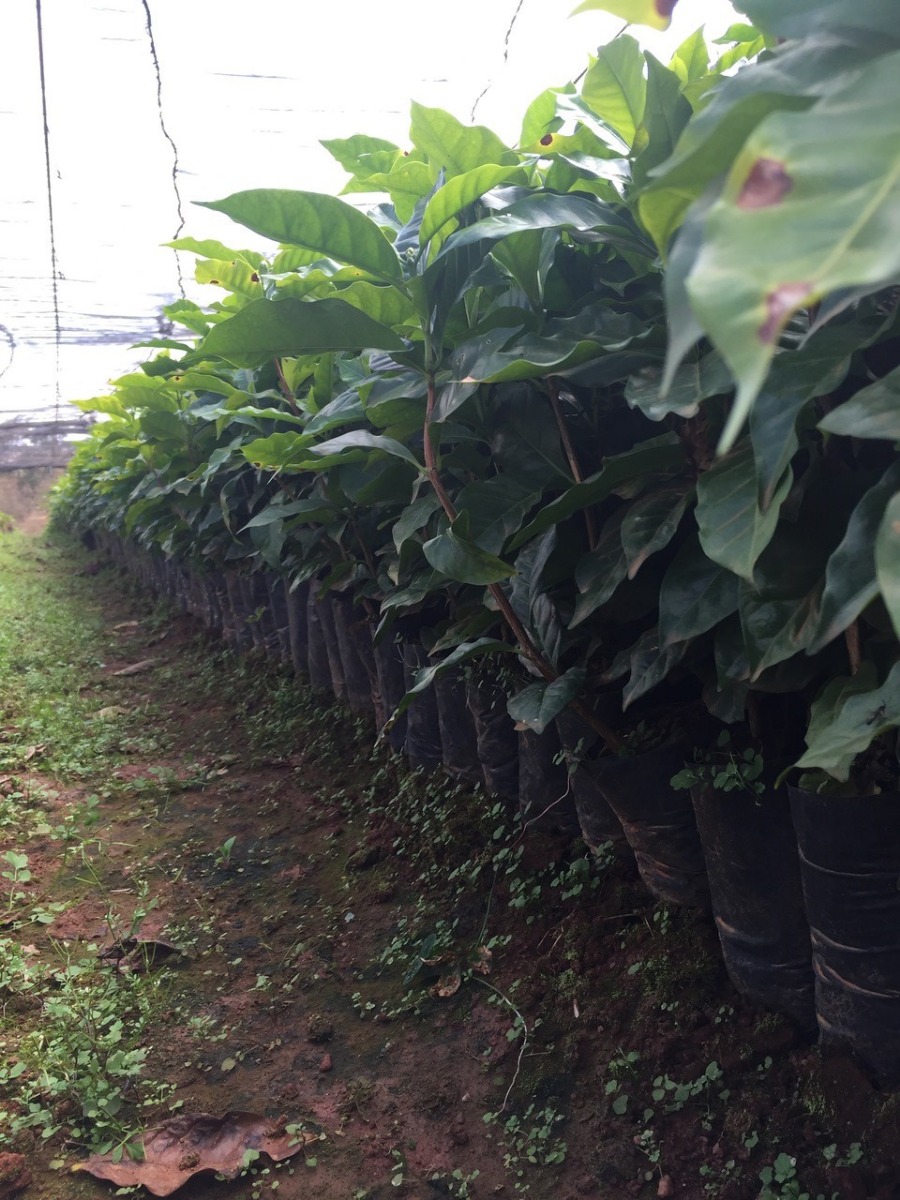
DATERRA SANTA COLOMBA – BRAZIL
Amato (Donato) Paschoal and Maria Rosa Amattuli Paschoal moved from Bari, Italy to Campinas, Brazil with their young son, Miguel, and began growing coffee in 1902. In 1908, Miguel started selling green beans in the city markets and would teach the local housewives how to roast their coffee. Miguel married D. Izolina Borghi Paschoal in 1919 and went on to found the DPaschoal Group. Miguel and Izolina’s first son, Donato, built the DPaschoal Group’s fortune primarily through the tire trade, exporting over $5 million in tires from 1963 to 1965. Donato passed away in 1970 and his son, Luis Norberto Paschoal, assumed the presidency of the company at 23 years old. Daterra was the brainchild of Luis, who purchased new land in 1976 for the development of environmentally sustainable agricultural projects.
Daterra means ‘from the earth’ and the land was initially used for produce such as cattle and avocadoes, before the family returned to coffee, purchasing their first piece of land for coffee growing in 1993. Paschoal hired Leopoldo A. R. Santanna as his chief agronomist to bring the life back to land and Leopoldo, or Leo as he is known, is now the manager of Daterra Farm.
The producers had to reconceive the Cerrado ecosystem fauna, flora, soil and water springs, within the farm and surroundings. They partnered with ESALQ (Sao Paulo State University – Luiz de Queiroz) and created the first Daterra’s Environmental standards, called PEA – Program for Environmental Adequacy. It took Daterra 10 years to recover the area enough to produce good quality coffee and begin exporting, but that investment of time and resources paid off – Daterra was the first Rainforest Alliance certified and ISO 14001 certified coffee farm in Brazil. Eventually, the farm added UTZ Kapeh and, for a small organic portion of the farming area, IBD Organic. And in March 2018, Daterra’s Rainforest Certification was upgraded to Level A – the highest certification level for the RA organisation and Daterra is currently the only farm in the world with this level certification.
The slogan of Daterra is “Growing Relationship Coffee”, so they focus on stimulating the entire production chain with the principles of sustainability, and only sell coffee to sustainably certified importers. This also refers to their relationship with the soil, the water, workers, and community.
Today the farm boasts over 7,000 hectares of land in the Cerrado region of Minas Gerais, 3,250 of which is preservation land and includes 216 small farms (each around 5-15 hectares in size). Daterra farms in the city of Patrocínio are the oldest coffee plantations in the Brazilian Cerrado region, and it is amongst the best coffee producing areas in the country, as the steady climate allows perfect conditions for beans to be grown.
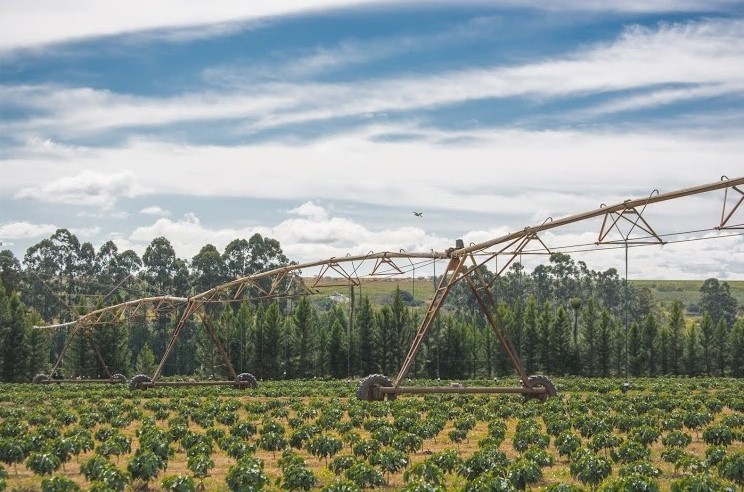
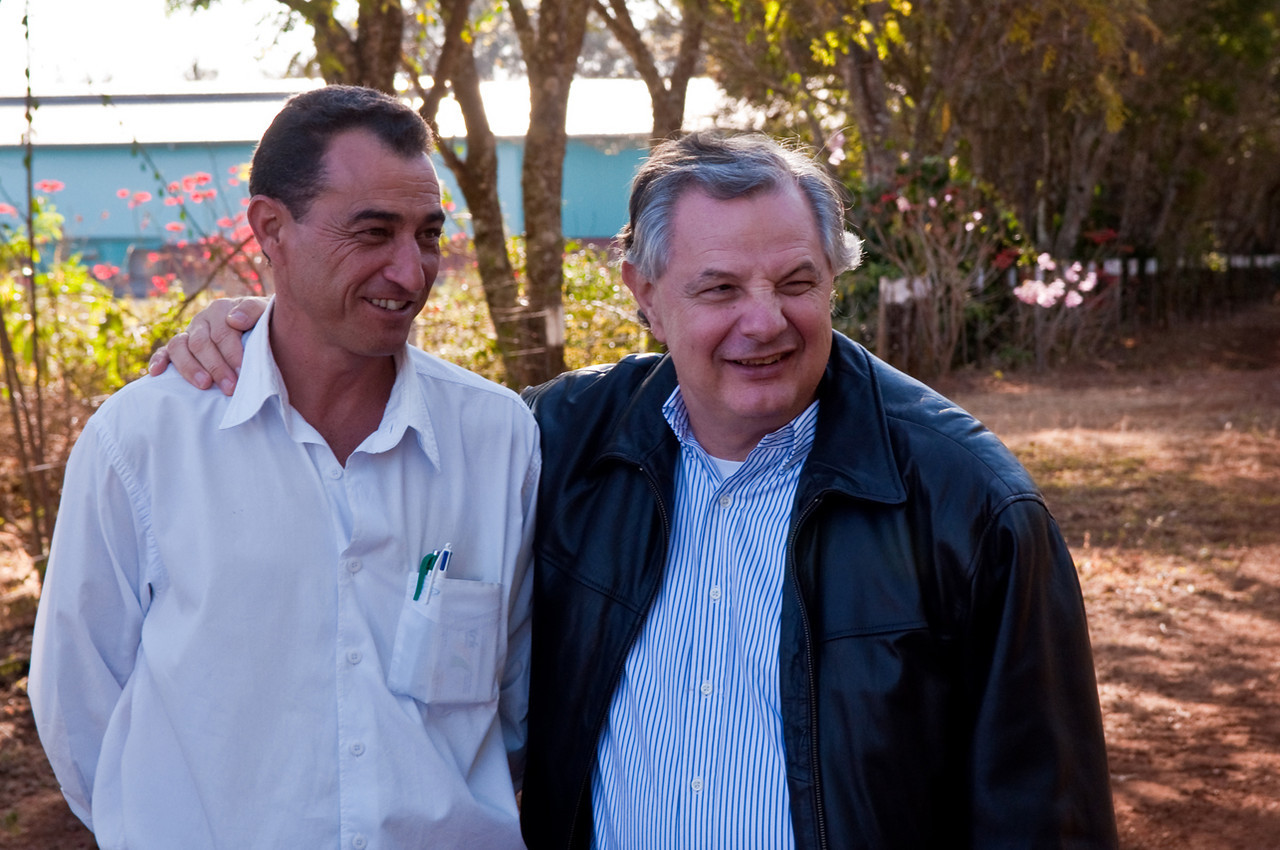
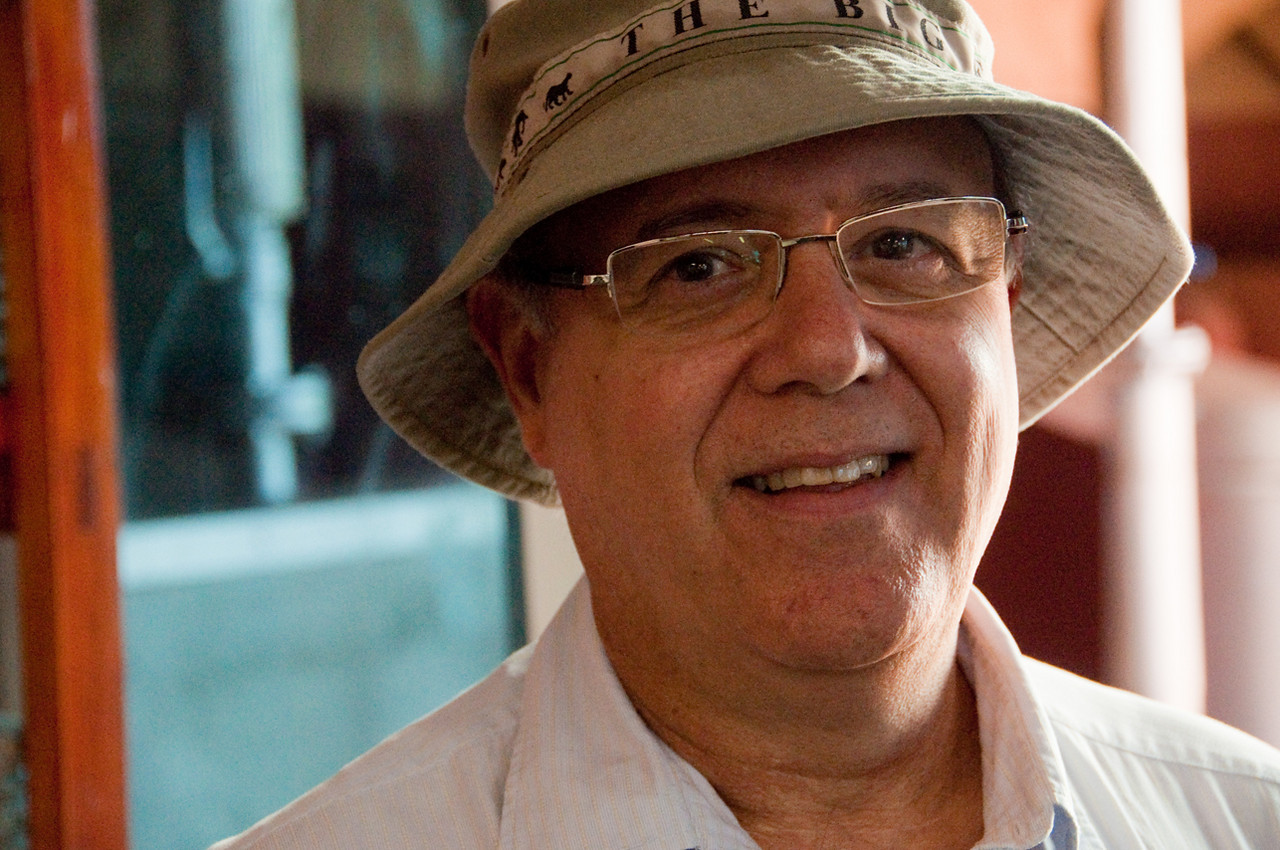
THE GREEN BEAN PROCESS
The Pulped Natural process was a method that was pioneered in Brazil, originally called Cereja Descascada or “peeled cherry”, and involves removing the skin of the fruit before letting the coffee dry with as much of the pulp as possible still on the beans. This process increases the cup quality and decrease the possibility of defects, commonly producing the body of natural coffees and the sweet/acid balance of washed coffees, although obviously the overall result is affected by more than just the green bean process. This process is highly suitable to growing regions with lower humidity, as the coffee needs to dry quickly in order to avoid fermentation.
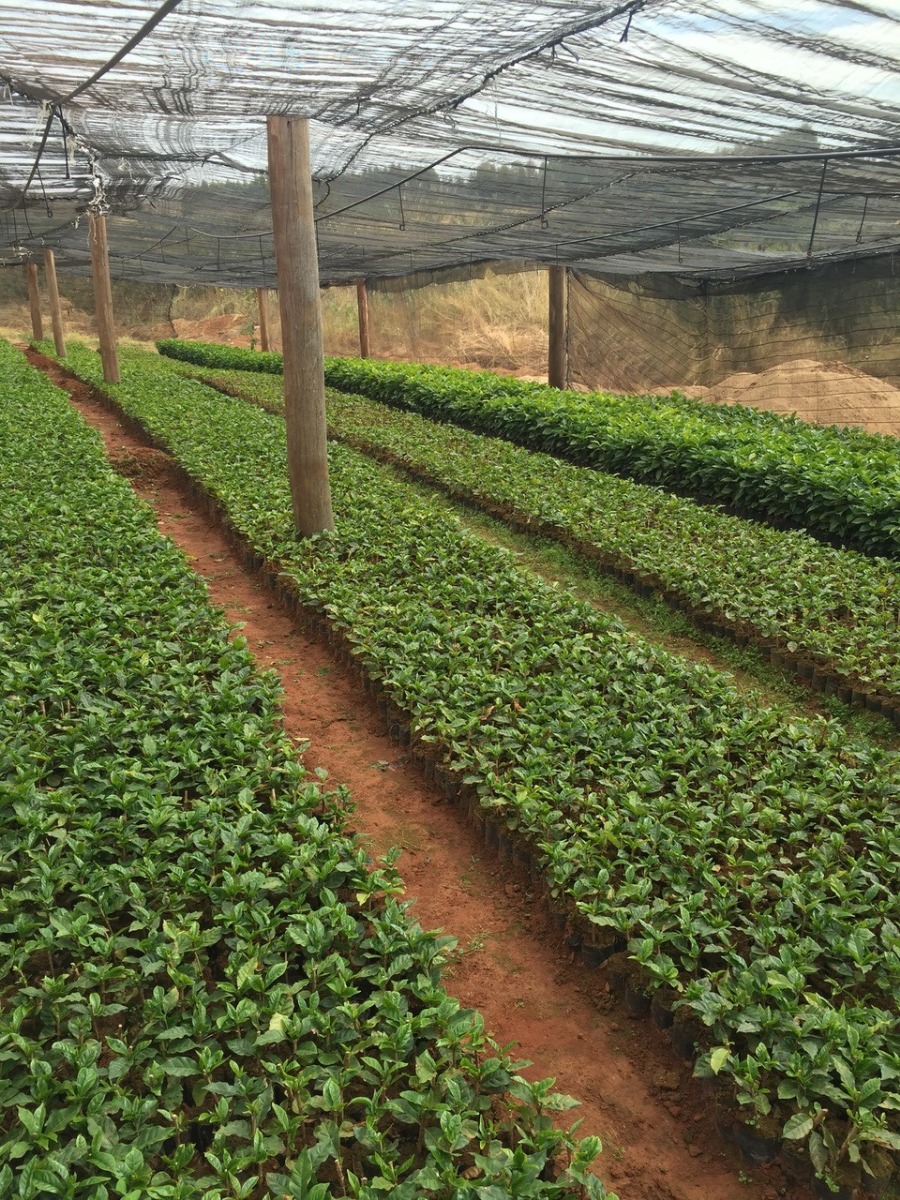
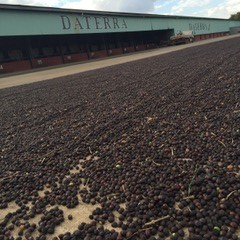
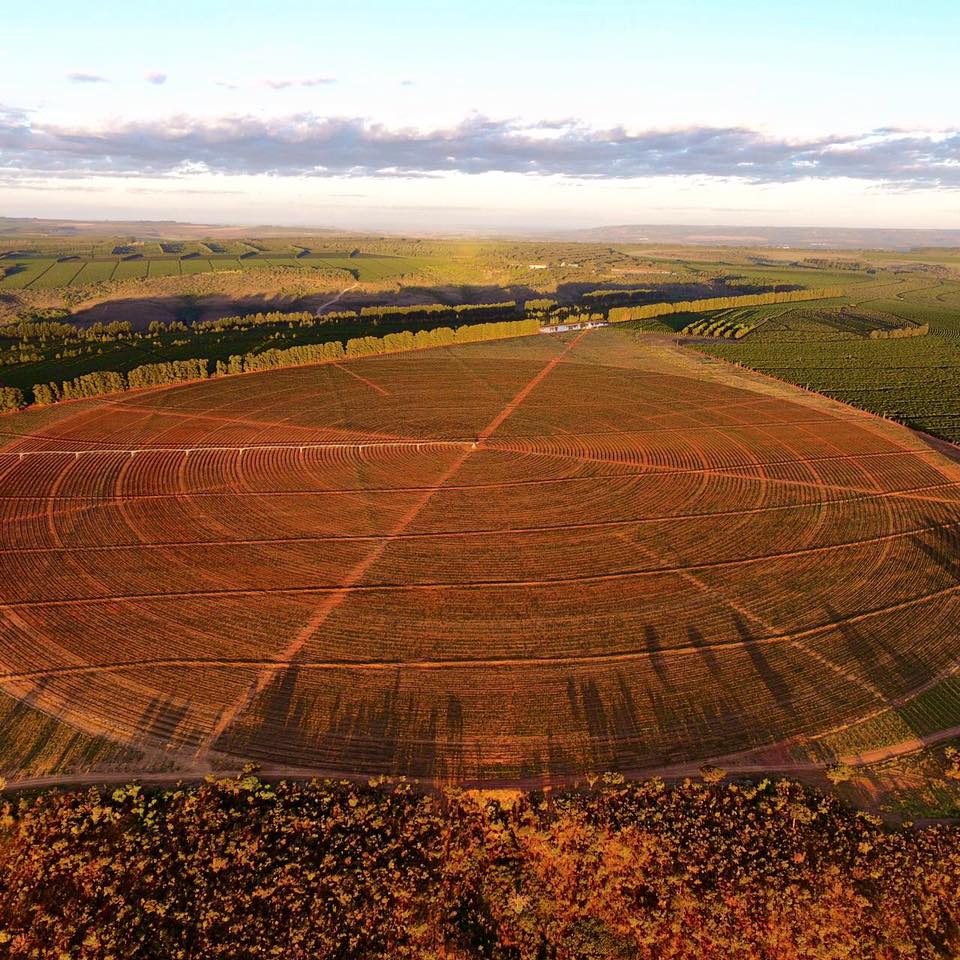
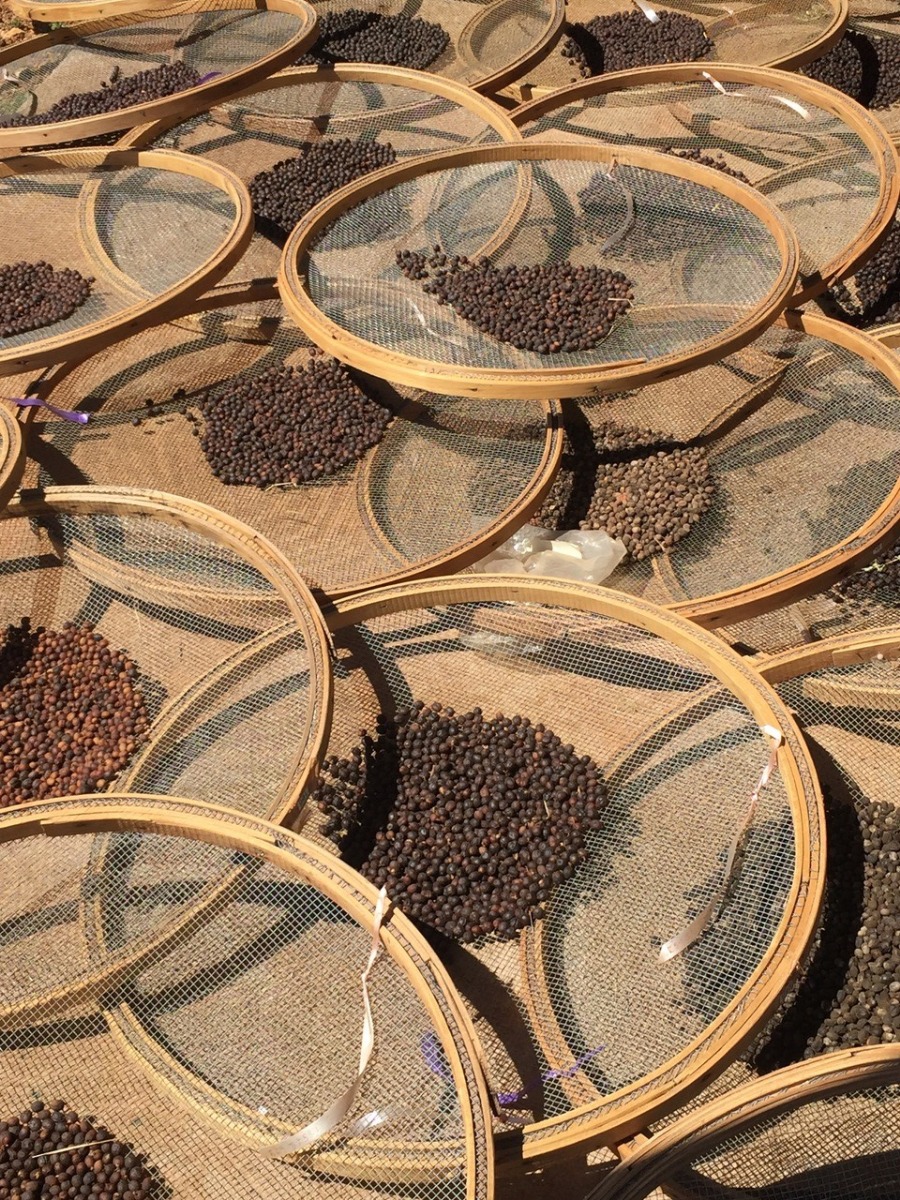
Image Sources:
http://www.daterracoffee.com.br/



